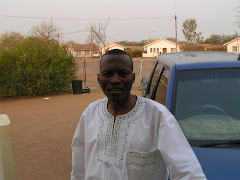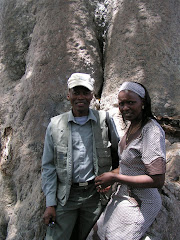Work with children and young people who abuse others – including those who sexually abuse/offend – should recognize that such children are likely to have considerable needs themselves, and also that they may pose a significant risk of harm to other children.
Research has shown that children who abuse others may have suffered considerable disruption in their lives. They have been exposed to violence within the family, may have witnessed or been subject to physical or sexual abuse. They also have problems in their educational development, and may have committed other offences. Such children and young people are likely to be children in need. Some will in addition be suffering or at risk of significant harm, and may be in need of protection.
Children and young people who abuse others should be held responsible for their abusive behavior, whilst being identified and responded to in a way which meets their needs as well as protecting others.
Work with adult abusers has shown that many of them began committing abusing acts during childhood or adolescence. Furthermore it has been found that a significant number of them have been subjected to abuse themselves.
Early intervention with children and young people who abuse others may, therefore, play an important part in protecting the public by preventing the continuation or escalation of abusive behavior among them.
Three key principles should guide work with children and young people who abuse others: . there should be a co-ordinate approach on the part of youth justice, child welfare, education (including educational psychology) and health (including child and adolescent mental health) agencies;
. the needs of children and young people who abuse others should be considered separately from the needs of their victims; and
. an assessment should be carried out in each case, appreciating that these children may have considerable unmet developmental needs, as well as specific needs arising from their behavior.
In assessing a child or young person who abuses another, relevant considerations include: . the nature and extent of the abusive behaviors. In respect of sexual abuse, there are sometimes perceived to be difficulties in distinguishing between normal childhood sexual development and experimentation and sexually inappropriate or aggressive behavior.
Expert professional judgement may be needed, within the context of knowledge about normal child sexuality; . the context of the abusive behaviors; . the child’s development, and family and social circumstances; . needs for services, specifically focusing on the child’s harmful behavior as well as other significant needs; and the risks to self and others, including other children in the household, extended family, school, peer group or wider social network.
This risk is likely to be present unless: the opportunity to further abuse is ended, the young person has acknowledged the abusive behavior and accepted responsibility and there is agreement by the young abuser and his/her family to work with relevant agencies to address the problem.
Subscribe to:
Post Comments (Atom)











No comments:
Post a Comment